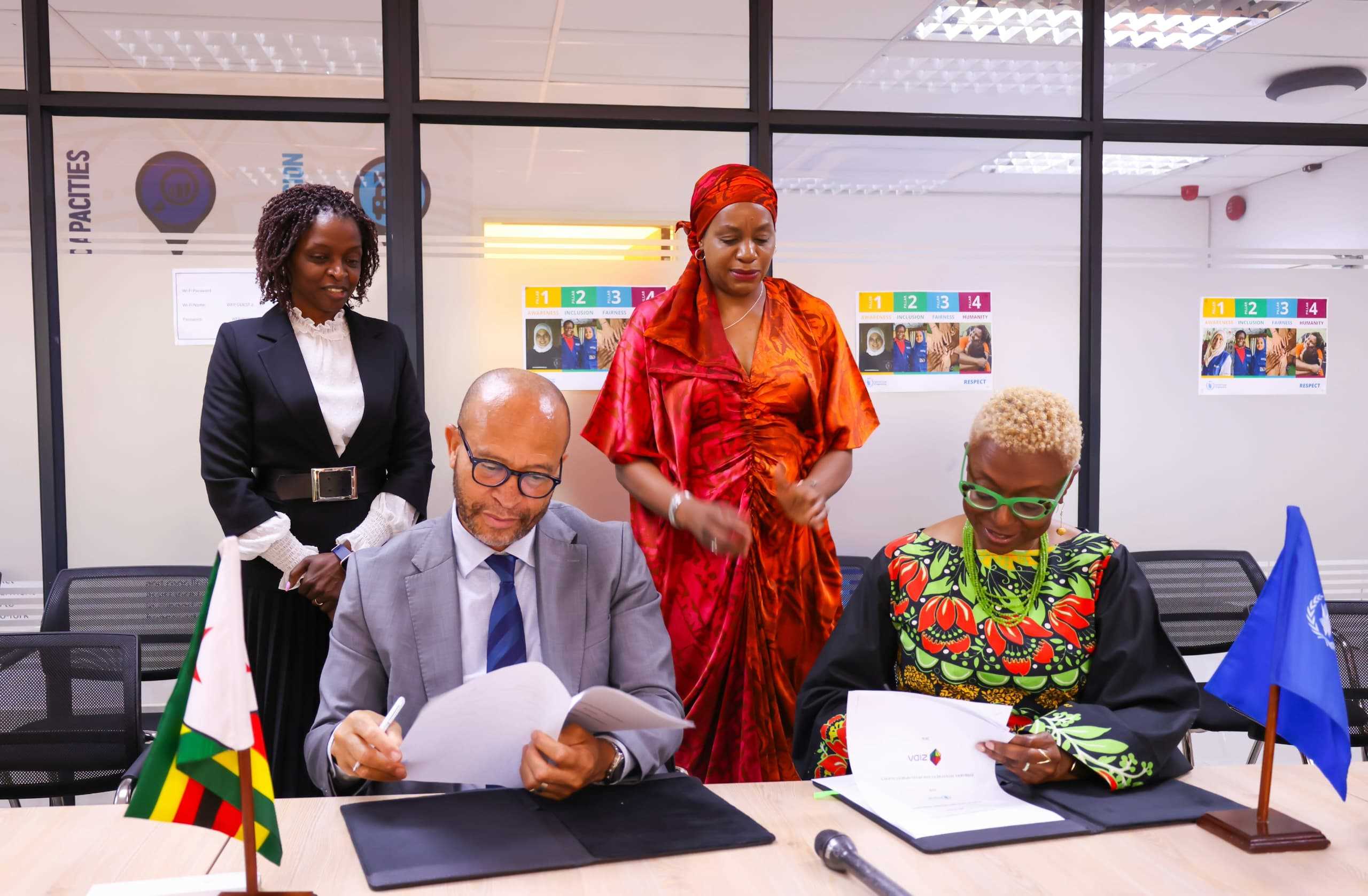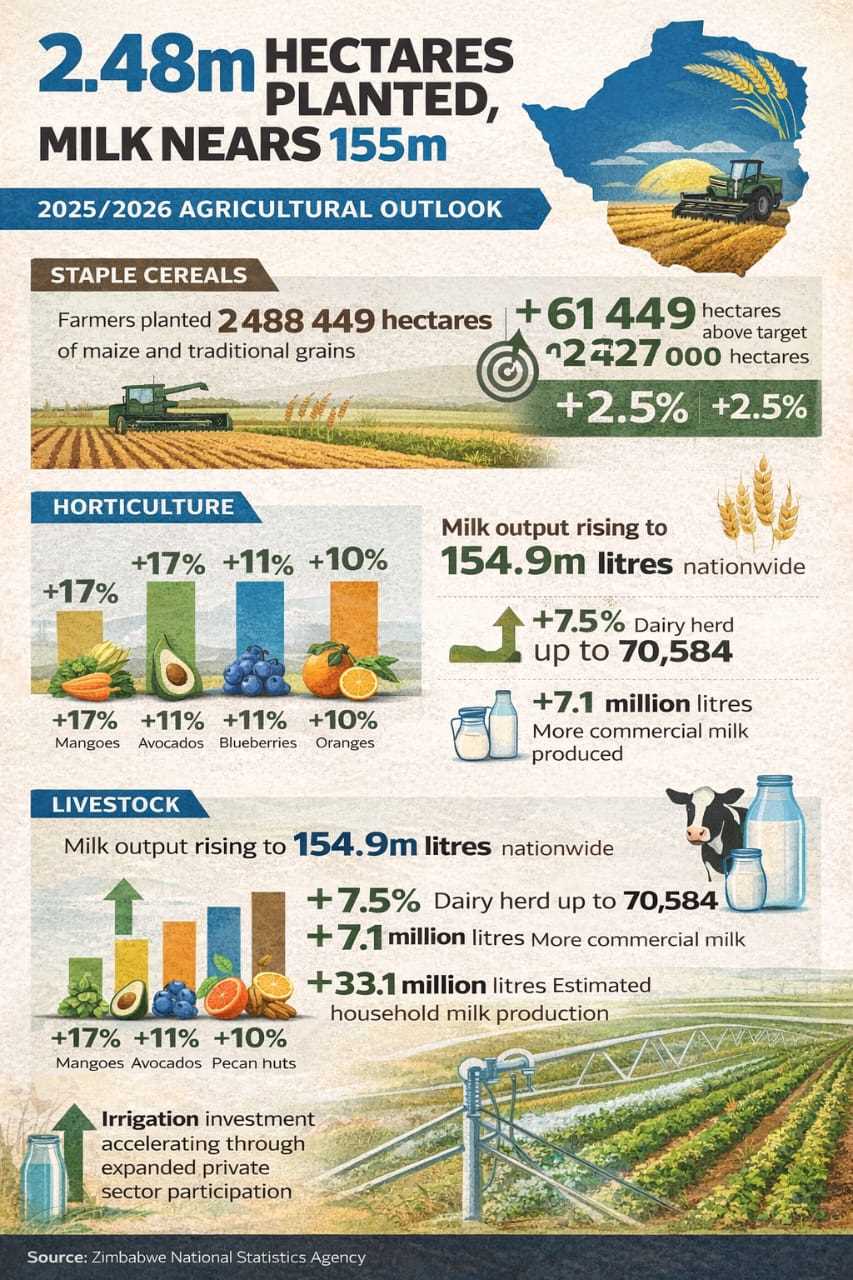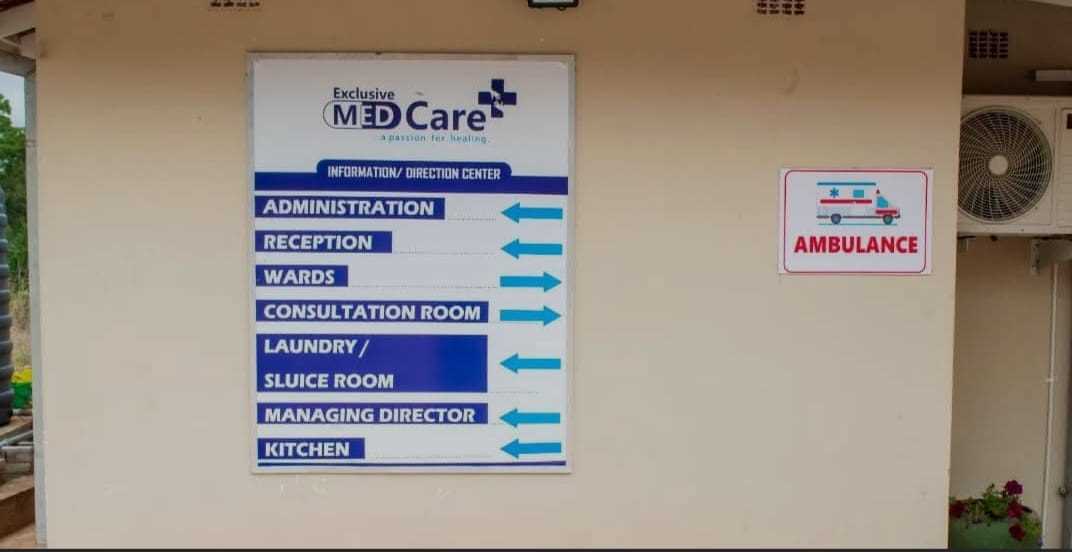
Zim Now Writer
The African Development Bank says it is working on a financial instrument to fund the US$3,5 billion needed to compensate white former commercial farmers.
AfDB is working with the Ministry of Finance and Economic Development on the instrument.
Zimbabwe made a commitment in 2020 to compensate local white farmers whose land was taken by the government during the land reform programme.
Zimbabwe is currently engaged in a debt dialogue with the creditors, a process being led by former Mozambican President Joaquim Chissano and AfDB president Akunwumi Adesina.
Adesina told the 4th High-Level Debt Resolution Forum held in Harare yesterday that the new instrument to compensate white farmers would help leverage the capital markets to fund the compensation without driving Zimbabwe further into debt.
The country, which is in debt distress, has been working frantically to raise the money needed to compensate farmers that were affected by the land reform programme in the early 2000s.
Related Stories
Adessina said further delays in paying the compensation to the white farmers would backtrack all the efforts in debt engagement, while eroding trust and confidence in the process.
“Responsiveness counts. It is important that Zimbabwe fast tracks the compensation process. That is why we are currently working with the government of Zimbabwe and the Ministry of Finance to come up with developing an innovative financial instrument and structure that could be potentially used to fast track and front load the mobilisation of the US$3.5 billion for the compensation,” Adesina said.
The debt resolution process is seeking to clear US$6 billion of external debt arrears while also aiming at implementing reforms that include compensation and foreign currency exchange rate reforms.
Adesina expressed concern over the accumulation of arrears on the principal debt, both to the multi-lateral lenders and the new lateral lenders.
He said the arrears were now the new debt in Zimbabwe with 61% of the bilateral debt having accumulated in debt while 92% of the multi-lateral debts having accumulated in arrears.
“Arrears are now the new debt of Zimbabwe and are hurting the country. I am very concerned about this debt and debt keeps accumulating with no end in sight Zimbabwe needs comprehensive debt resolutions,” he said.
Adesina said the economic sanctions imposed on the country were also driving Zimbabwe further into debt.
Zimbabwe, which had more than US$14 billion in external debt as of September 2022, has not been able to secure financing from such institutions as the International Monetary Fund in more than two decades due to the arrears.



















Leave Comments